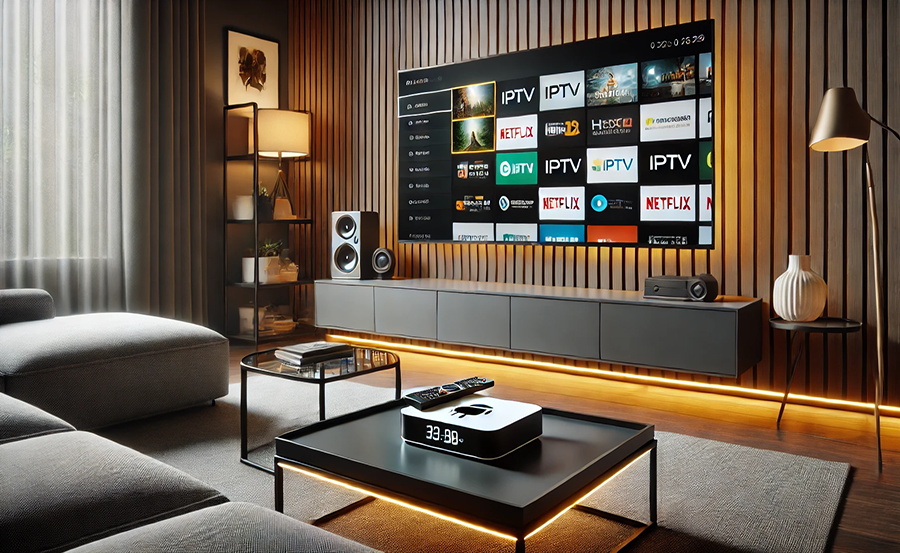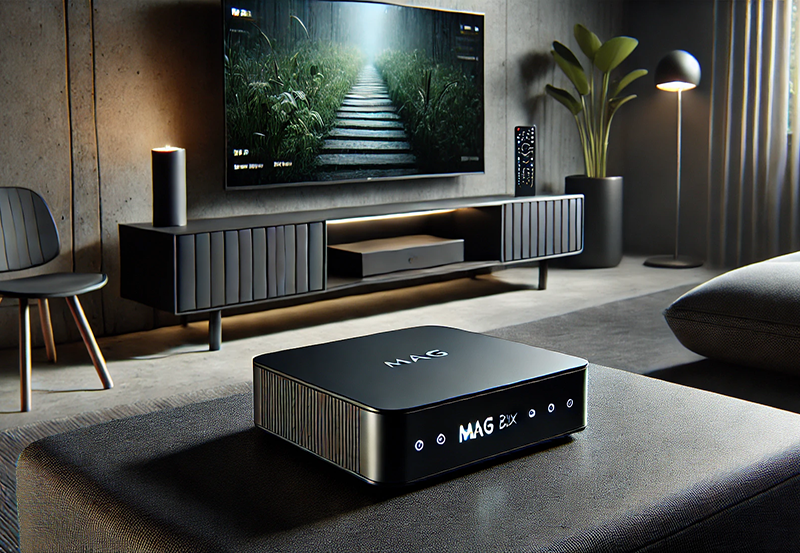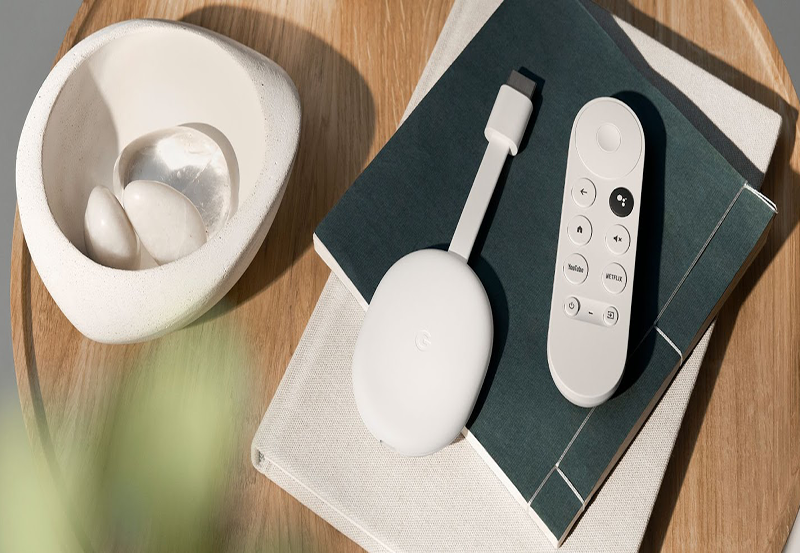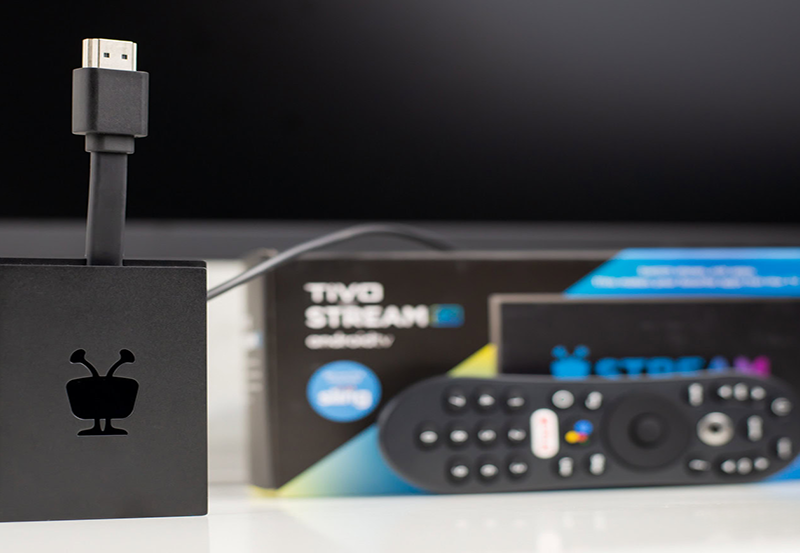As technology advances, the ways we consume entertainment are constantly evolving. The days of watching cable television are slowly fading away, replaced by more interactive, on-demand options. Two popular choices in this landscape are Android Boxes and Smart TVs. But which one stands out? In this article, we will explore both options, considering factors such as cost, functionality, and user experience, to help you decide the best fit for your entertainment needs.
Understanding Android Boxes
What is an Android Box?
An Android Box is a compact device that connects to your television, transforming it into a smart device. It runs on the Android operating system, allowing access to a plethora of apps available on the Google Play Store. From streaming movies and shows to playing games, an Android Box brings the digital world to your living room.
Advantages of Using Android Boxes
Android Boxes offer flexibility and customization. You can install a wide variety of streaming TV apps, tailoring your viewing experience to your preferences. Moreover, they often come at a fraction of the cost of Smart TVs, making them an attractive option for budget-conscious consumers.
Expert Suggestion:
Stream your favorite sports and shows with Top IPTV subscriptions for reliable and crystal-clear service.
Another advantage is the ability to choose from numerous IPTV service providers, enabling you to explore the best in IPTV entertainment. This allows for more versatile viewing options as compared to traditional cable TV offerings.
Diving Into Smart TVs
What Makes a TV ‘Smart’?
Smart TVs have internet connectivity built into the set, allowing you to access content without additional devices. This technological integration means you can stream content directly from platforms like Netflix, Amazon Prime, and more, without needing extra hardware.
Benefits of Choosing a Smart TV
Smart TVs offer convenience with all-in-one functionality. You don’t need to manage multiple devices or remotes, as everything is integrated with seamless operation. The interface tends to be user-friendly, catering to individuals who prefer a simple, straightforward experience.
The aesthetic appeal of Smart TVs shouldn’t be overlooked. They offer a clean, cable-free setup, which can be a significant selling point for those looking to maintain a tidy entertainment area.
Comparing Costs: Which Option Fits Your Budget?
Initial Investment
One of the crucial factors in the decision-making process is cost. Android Boxes are generally less expensive than Smart TVs. Prices can vary based on brand and capabilities, but overall, Android Boxes present a more budget-friendly option, allowing you to enhance any television set without significant financial commitment.
Long-Term Costs
While Smart TVs might have a higher initial cost, they often require fewer additional expenses down the line. With an Android Box, you may find yourself investing more in additional apps and subscription services to get the full spectrum of entertainment options.
Performance and Functionality: A Head-to-Head Comparison
Processing Power and Speed
Smart TVs are typically optimized for the tasks they’re built to perform. They have integrated processors that are set up to handle complex graphics and high-definition playback with ease. Android Boxes, while customizable, might not match the tailored performance of a Smart TV, especially in high-end models.
Customization and Flexibility
Android Boxes excel in versatility. They provide the freedom to download apps, customize settings, and even sideload applications that are not available in the official app stores. This level of flexibility is something Smart TVs don’t typically offer, as they are locked into the manufacturer’s ecosystem.
User Experience: Convenience Versus Control
Ease of Use
The streamlined nature of Smart TVs means there is little to no setup required—just connect to your Wi-Fi and start watching. In contrast, Android Boxes can require a bit more setup and periodic maintenance, which might not be suitable for users seeking a plug-and-play experience.
Control and Features
For users who prioritize control and the ability to tweak settings, Android Boxes are the clear winner. They allow for a robust, tailored experience, whereas Smart TVs offer a more static set of features, generally dictated by the manufacturer’s software updates.
Quality of Streaming and Picture
Resolution and Audio Clarity
Smart TVs usually offer high-resolution screens with HDR capabilities, providing stunning picture quality directly from the TV. Android Boxes depend on the television they are connected to for picture quality, so the final viewing experience might vary significantly depending on additional TV specifications.
Internet Connectivity and Streaming
For uninterrupted content streaming, both Smart TVs and Android Boxes rely on a stable internet connection. However, Smart TVs might hold an edge with their integrated connectivity and optimized apps that are specifically designed for the platform, offering smoother playback.
What’s the Right Choice for You?
- For the Budget-Conscious: Android Box is a cost-effective option
- For Seamless Experience: Smart TV provides a more user-friendly operation
- For Customization Enthusiasts: Android Box offers more versatility
- For High-End Visuals: Smart TVs deliver optimized picture quality
Your choice between an Android Box and a Smart TV ultimately depends on your individual needs, preferences, and budget. It’s about weighing the pros and cons to see which aligns best with your entertainment priorities.
Considering the Future: Technology Trends and Innovations
As the digital landscape continues to evolve, both Android Boxes and Smart TVs are expected to introduce new features and improve existing technologies. Keeping an eye on future trends can help you make a more informed decision, ensuring your choice is not only suitable for now but also future-proof.
FAQ: Android Box vs Smart TV Debate

Is an Android Box compatible with all TVs?
Yes, most Android Boxes connect via an HDMI cable, making them compatible with any television equipped with an HDMI port.
Do Smart TVs always need an internet connection?
While an internet connection is essential for streaming and using smart features, a Smart TV can still function as a regular television without it.
Can I use IPTV on both Smart TVs and Android Boxes?
Yes, IPTV services can be utilized on both platforms, but Android Boxes may offer more flexibility in choosing IPTV service providers and apps.
Are there subscription fees associated with Android Boxes?
While the device itself may not require a subscription, many of the streaming services and apps available on Android Boxes do. It’s essential to consider these costs when making a decision.
How do software updates compare between Android Boxes and Smart TVs?
Software updates on Smart TVs are typically automatic and manufacturer-driven, while Android Boxes may require manual updates and offer more frequent software upgrades due to the openness of the Android ecosystem.
Which option is better for gaming?
For gamers, Android Boxes may offer more variety in gaming apps, but Smart TVs often deliver better integrated visual performance due to their processing capabilities.
Schedule IPTV Recordings for Later





